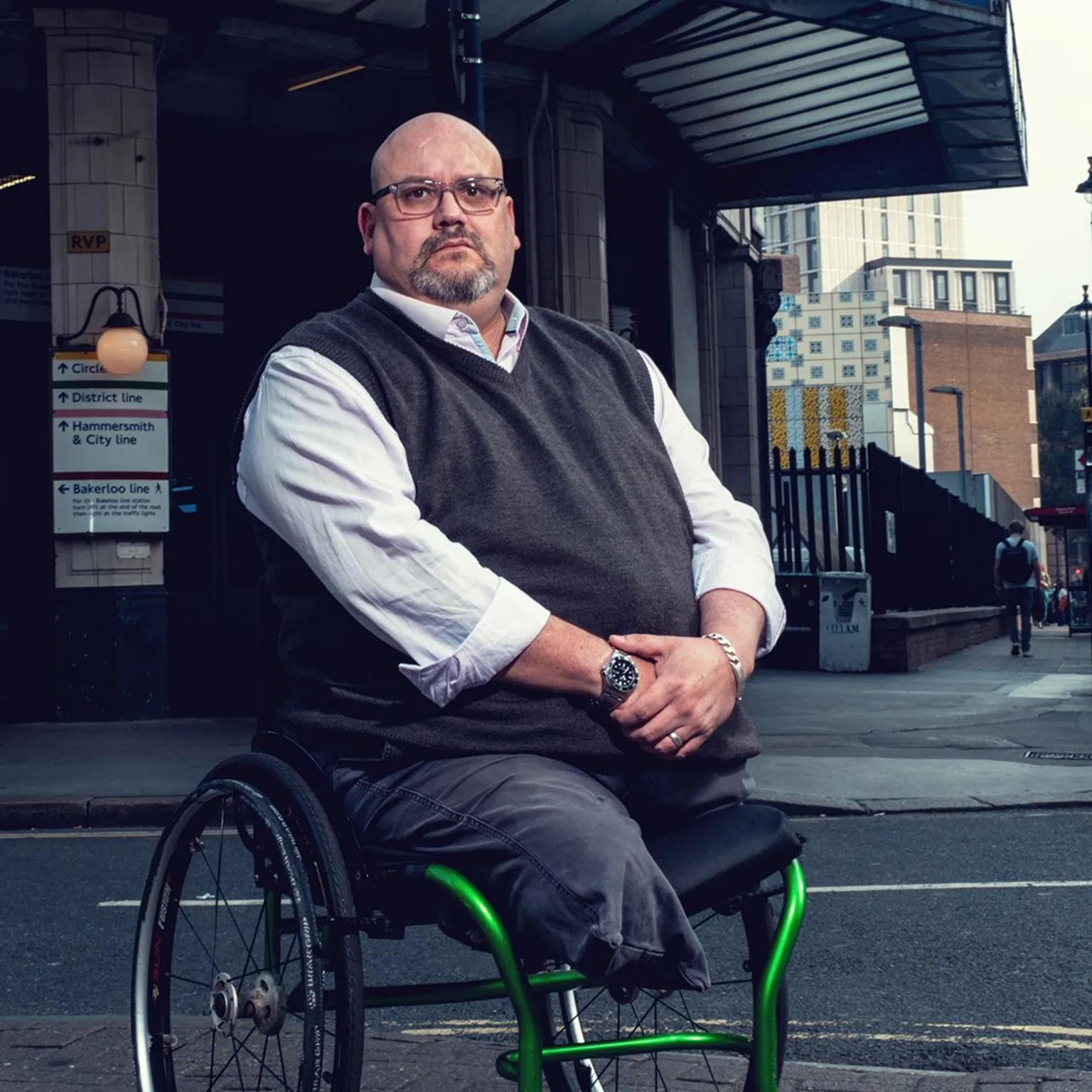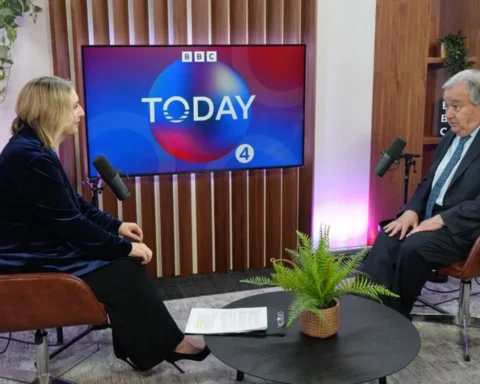Dan Biddle still sees him.** Two decades after the 7 July 2005 London bombings, the face of Mohammad Sidique Khan—the suicide bomber who detonated his explosive just feet away on a packed Tube train—remains etched in Dan Biddle’s mind.
“I can be in the kitchen, and he’s standing in the garden,” Dan says. “He’s there, just as he was that day—rucksack on, hand poised above it, about to detonate.”
Dan, now living with complex PTSD, remembers every second of the moment that changed his life.
As the Circle line train pulled out of Edgware Road station during rush hour, Dan sensed someone staring at him. “I was about to turn around and say, ‘What are you looking at?’—then I saw him reach into his bag.”
A brilliant white flash. An unbearable heat. Then nothing but silence.
Khan’s homemade bomb—based on al-Qaeda instructions—killed six people in that carriage: David Foulkes, Jennifer Nicholson, Laura Webb, Jonathan Downey, Colin Morley, and Michael Brewster. Across London that morning, 52 people were murdered and more than 770 injured in coordinated attacks by four suicide bombers.
Dan was the most severely injured survivor.
The blast hurled him from the train, slamming him into the tunnel wall. His injuries were devastating:
- His left leg was blown off.
- His right leg severed below the knee.
- His arms, face, and hands severely burned.
- He lost his left eye and hearing on one side.
- Internal injuries to his kidneys, lungs, colon, and bowel.
- A pole had pierced his body.
- He later lost his spleen.
And yet—Dan never lost consciousness.
“At first I thought it was an electrical explosion,” he says. “My hands were on fire. Everything was burning. Then the screaming started—it was like the gates of hell had opened.”
Trapped under wreckage and bleeding profusely, Dan feared his father would have to identify his body. “My dad cannot be the person that walks into a mortuary and says, ‘That’s my son.’ I couldn’t let that happen.”
His cries for help were answered by Adrian Heili—a fellow passenger and former combat medic. Adrian clamped Dan’s femoral artery and applied a tourniquet, keeping him alive for the next 30 minutes until paramedics arrived.
“If it wasn’t him, I’d have died,” Dan says. “He literally had my life in his hands.” Adrian went on to save many others that day and received the Queen’s Commendation for Bravery in 2009.
Dan was rushed to St Mary’s Hospital, where he repeatedly went into cardiac arrest. A surgeon had to manually massage his heart. He received 87 units of blood.
“I think there’s a part of all of us wired to survive,” he reflects. “You don’t know it until you’re pushed to that edge.”
Dan credits his survival to Adrian, the NHS, and the unwavering support of his wife.
But the mental scars remain. After eight weeks in a coma, and a year in hospital, Dan emerged to face the world anew—forever changed.
And though the years have passed, the man who disassembled himself in front of Dan refuses to fade.







